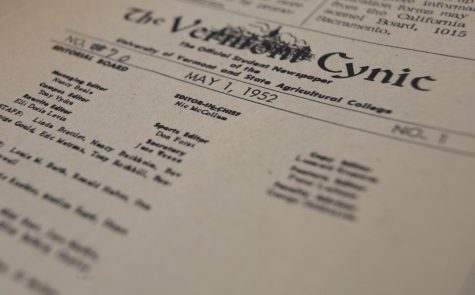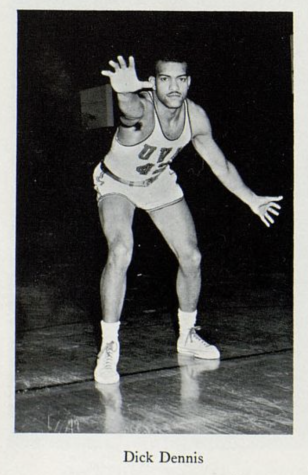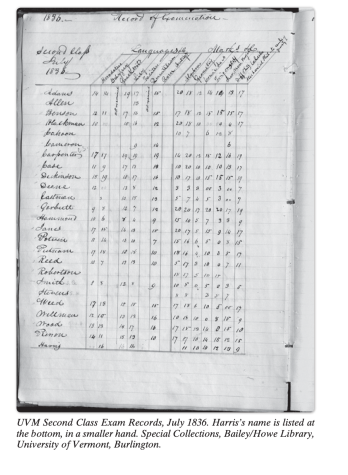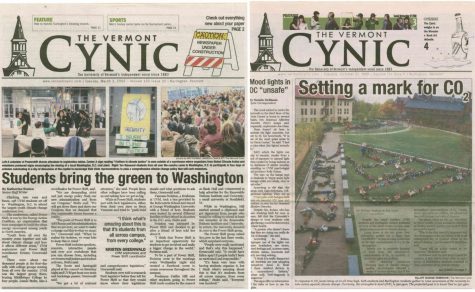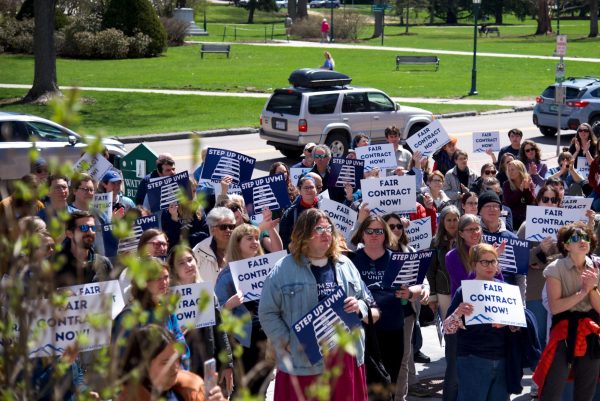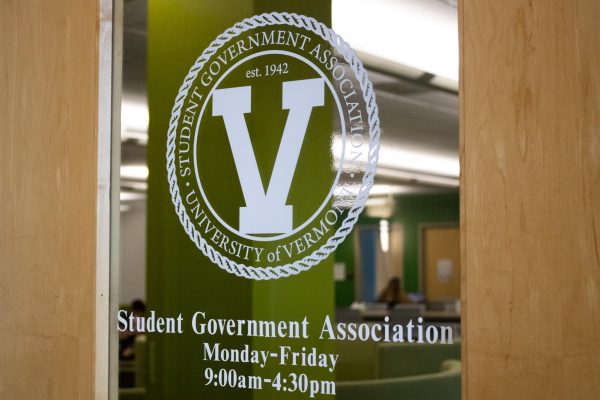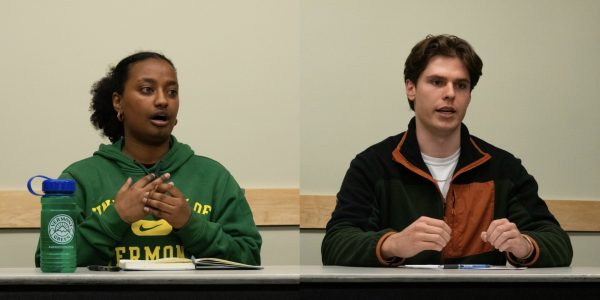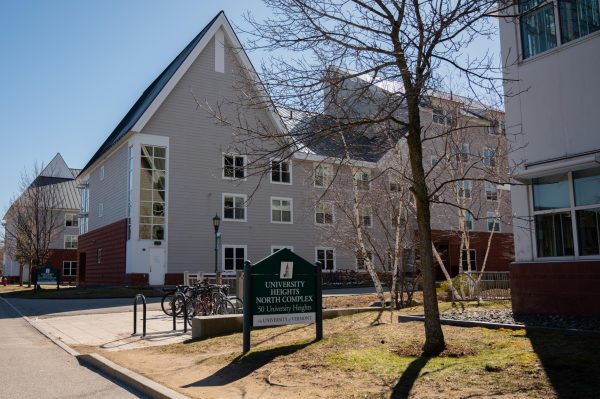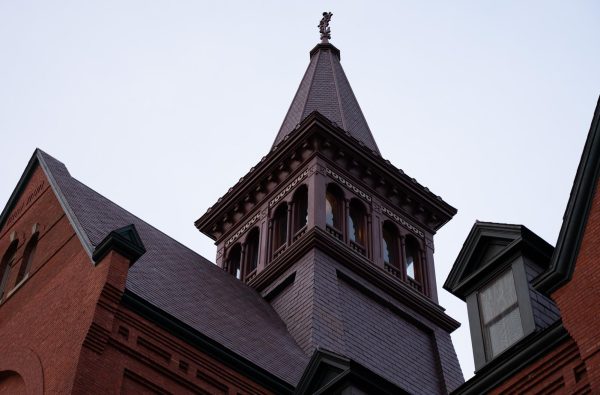Student busted for Silk Road purchase
As the government crackdown on the Deep Web’s underground drug market broadens, the investigation had hit closer to home for some UVM students before it even began.
Sophomore Sid Hammer, 20, of Montpelier pleaded not guilty to misdemeanor possession of LSD, MDMA (Ecstasy) and oxycodone at the end of last month, all which were allegedly purchased off of the Silk Road, a police affidavit stated.
After receiving reports of smells of burnt marijuana, Police Services later found an array of drugs, drug paraphernalia and a large sum of money, according to the report.
Hammer, it turned out, had been part of the Silk Road, using Bitcoins– Silk Road’s currency- to purchase drugs and distribute them to other people, including UVM students.
Last May, ex-NSA contractor Edward Snowden blew the whistle on programs such as PRISM, XKeyscore, and Tempora Internet surveillance programs, which target both foreign nationals and U.S. citizens.
Since then, the federal government has continued and expanded its Internet surveillance programs, prompting many web users to look for ways to shield their activity from digital watchdog programs and those who operate them.
Although the Deep Web allows users to access valuable information that would otherwise be hidden from the public eye, it’s also a hotspot for users to organize drug trades, arms deals and even hire hit men.
Launched in 2011, the Silk Road became the Deep Web’s largest underground drug market, often referred to as the “Amazon.com of illegal drugs” or the “eBay for drugs,” on its own Wikipedia page. Buyers and sellers conducted all transactions with bit coins, its virtual crypto currency.
In Aug. 2012, Forbes.com estimated the Silk Road’s annual sales at around $22 million, growing at an exponential rate. On Oct. 2, the FBI shut down the Silk Road, seized over 3.6 million dollars worth of bit coins and arrested Ross William Ulbricht, suspected founder and chief operator.
class=”p2″> In Hammer’s case, police requested in the affidavit to seize his electronic devices in order to prove, or disprove, his involvement with the Silk Road once the search warrants were obtained.
In an Oct. 2 Wired article, Charles Arthur, a journalist for The Guardian, wrote that if authorities want to investigate the Silk Road and its clientele, the process comes with its own set of rules.
“The initial affidavit doesn’t have to describe how the FBI actually built its case. It only has to describe how it could have built its case, and persuade a judge to sign an arrest warrant,” Arthur wrote.
With the FBI’s tactics for identifying these people left in the dark, college students around the globe involved in the black market drug operation could face a similar fate.
“The Silk Road is an ongoing federal investigation, therefore my department cannot comment on the specifics. The Feds are the ones handling this issue,” Police Services Deputy Chief Tim Bilodeau said, when asked if he predicted a surge of arrests on college campuses as a result of the crackdown.
He acknowledged that drug trafficking is a common problem for university law enforcement.
“We’re quite familiar with the black market culture, particularly with drugs. Unfortunately it has always been there, lurking around the corners. We’re working, as we always have, to tackle it,” he said.
Although the FBI has seized millions of dollars worth of bit coins, the design of the bit coins themselves may likely prevent them from ever taking possession of it, an Oct. 7 article from The Guardian stated.
A bit coin cannot be transferred from one user to another without the first users “private key,” or password to verify the transaction.
Unless Ulbricht hands over his password, the FBI will be unable take possession of the money. Which, according to an article in the business edition of Time magazine, Ulbricht could be protected by the fifth amendment from having to hand over the key to his wealth.
Whether or not Ulbricht decides to turn over his stash, which is unlikely, the federal government will continue to hunt down anyone, involved with the Silk Road in the months to come.


